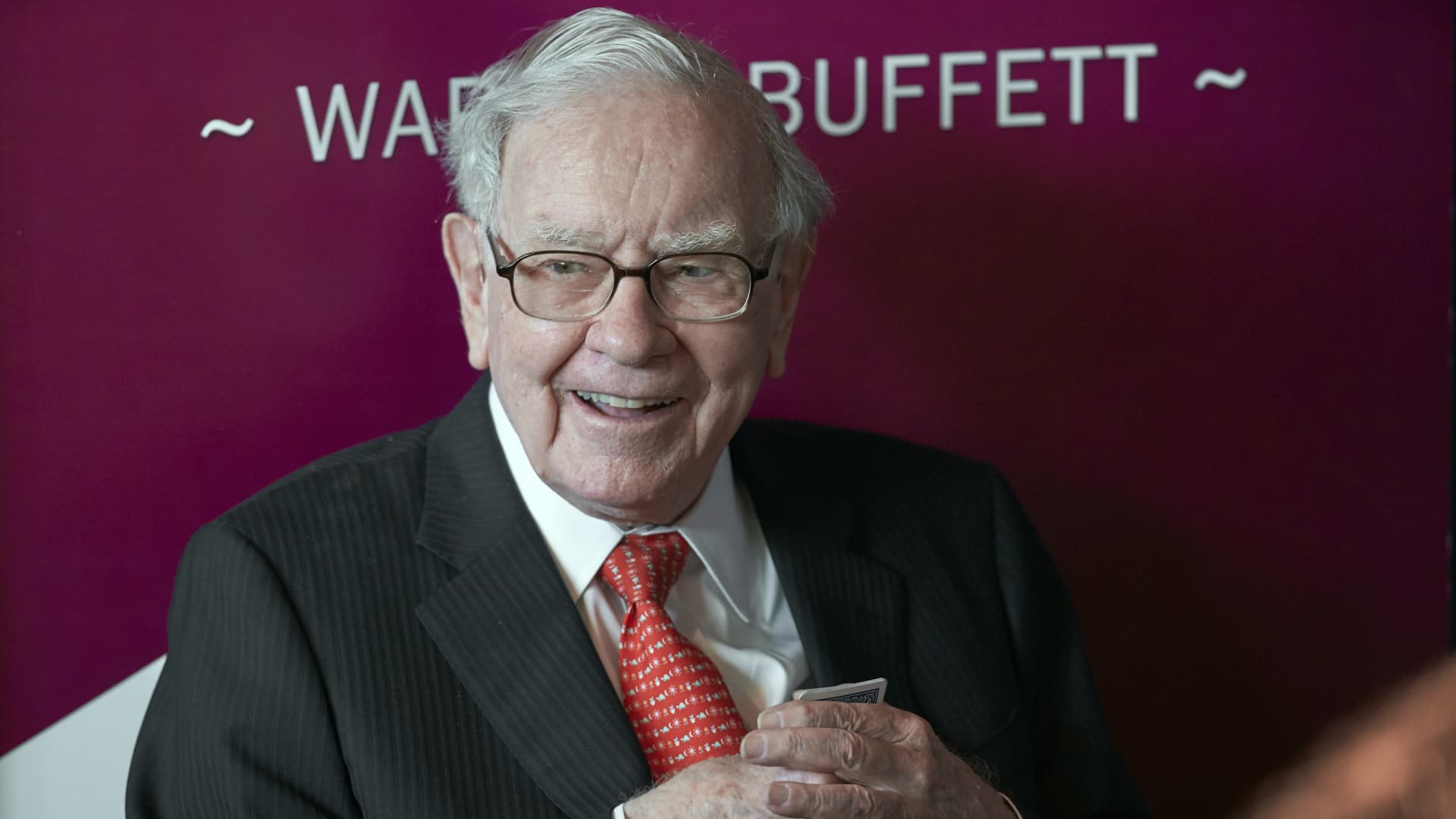Warren Buffett‘s Berkshire Hathaway dumped a significant portion of its stake in Activision Blizzard as Microsoft’s deal to buy the video game company edged closer to the finishing line.
The Omaha, Nebraska-based conglomerate disclosed a 1.9% stake in Activision with 14,658,121 shares, a new 13G filing released Monday evening showed. That compared with a 6.3% stake at the end of March and a 6.7% stake at the end of 2022.
Shares of Activision soared more than 9% last week on news that the Federal Trade Commission lost its bid to block Microsoft’s $68.7 billion acquisition of the video game publisher. Microsoft’s appeal against U.K. regulators’ block on Monday was granted a two-month pause.
The stock closed Monday at $93.21 apiece. In January 2022, Microsoft announced intentions to buy Activision for $95 per share.
The “Oracle of Omaha” previously revealed that one of his investing lieutenants, Ted Weschler and Todd Combs, first took a stake in Activision in October and November 2021with an average cost of $77 per share.
The 92-year-old investing legend has since added to the holding in a merger arbitrage play, betting that Microsoft’s proposed acquisition of the video game company would close.
Buffett revealed that he and his longtime business partner Charlie Munger started doing merger arbitrage deals five decades ago, back when it was called “workouts.”
